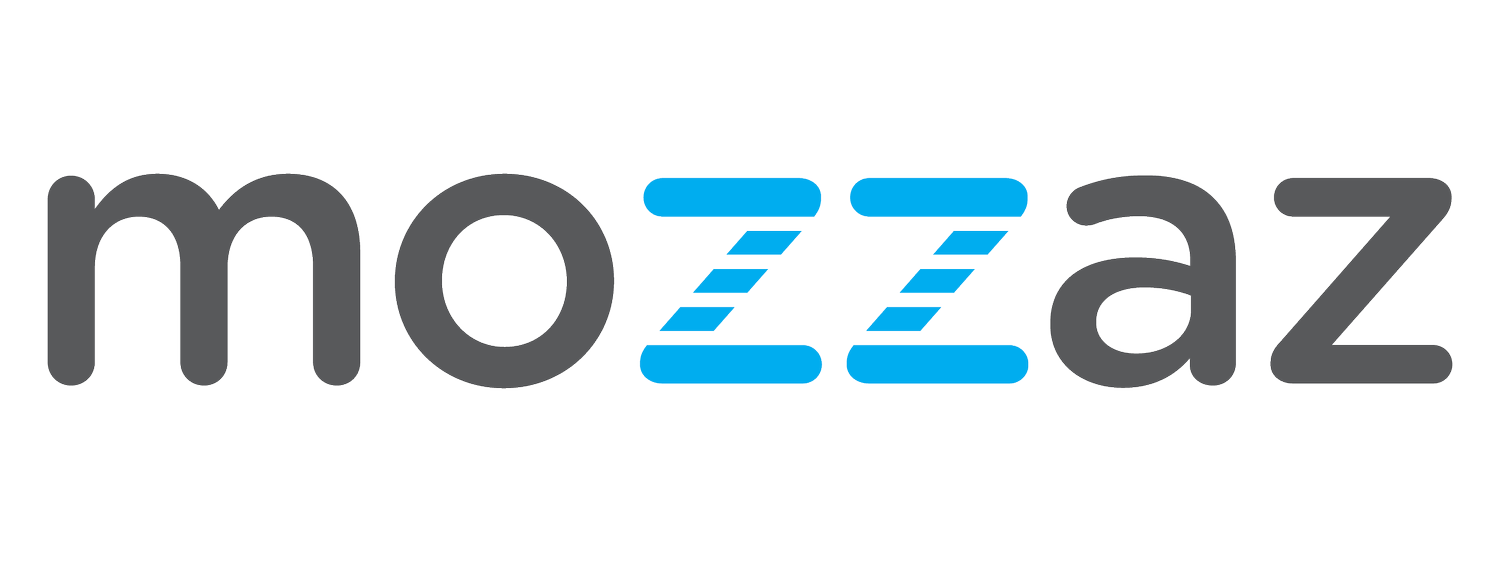Simplifying Digital Health For Complex Care
In an interview with David Rubenstein for "The David Rubenstein Show: Peer-to-Peer Conversations," Satya Nadella reveals that much of his capacity for empathy comes from his son, Zain, who was born with severe Cerebral Palsy—a complex care condition that can affect coordination, vision, and speech. It’s a condition that keeps Anu, Satya’s wife, driving her son to multiple providers to help deliver the care he needs.
Care delivery for complex care is challenging, not only for family members, but also for providers, social workers, and others involved in the distribution of care.
It is this inspiration that led Rini Gahir, ex-Microsoft, and co-founder of Mozzaz, to develop a digital health platform for complex care needs. Leveraging mobile technology, Rini wanted to center the solution around the individuals who need care. Rini has a son who is non-verbal and autistic, and like Satya and Anu, Rini and his wife Pam need to coordinate care between a variety of providers for personalized and interactive tools for their son to manage everyday activities.
Today, mobile technology can help people like Zain live a more independent life by involving them directly in their own care enabling collaboration with the care teams. This allows care providers to coordinate their efforts, track outcomes, and optimize care plans to individual needs— especially relevant for the complex care market.
Complex care is an expensive, complicated market
Not only is complex care expensive, but a disproportionate number of costs go toward a small group of individuals that studies have identified as “super-utilizers.”
This 5% of the population consumes as much as 50% of medical resources available, creating the dual challenge of coordinating excellent care between specialists and doing so in a cost-effective manner for all stakeholders.
Super-utilizers have particularly complicated medical, behavioral, and social needs, which is why their “high-need, high-cost” care becomes prohibitive compared to the average patient. In fact, 80% of Medicaid super-utilizers have a co-morbid health disorder, encompassing those with severe disabilities and long-term illnesses. It puts excessive pressure on the health system and can have a negative impact on the patient’s quality of life.
Other factors that make complex care costly
Aside from the “super-utilizers” mentioned above, there are several other variables that make complex care so expensive: fragmented care from a variety of providers, multiple chronic health conditions, and high rates of mental health diagnoses and substance use disorders to name a few.
A common thread that ties these factors to high cost is the stress it puts on providers to track progress, demonstrate outcomes, and record data. These are tasks that force clinicians to manually record progress and information with pen and paper, then input that data into their system; a cumbersome process that’s inaccurate and time-consuming.
Often, care providers are using valuable clinical time to complete these data entry tasks, while they should be spending it with the people who need it most—their patients. When combined with billing and reimbursement paperwork, clinicians are wasting a lot of time; in some cases, up to eight hours per week.
The future of digital care
Mobile technology has proven to be a successful tool to increase patient engagement, improve health outcomes, and solve some of the biggest challenges in managing complex care: coordinating care efforts across multiple providers, providing real-time, contextually relevant interventions, ensuring care plan adherence and optimization, and providing support for activities of daily living—and of course, mitigating spiraling costs
Digital solutions must start with the people who need them most—the patients. With trends shifting from fee-based to outcome-based models, it’s also imperative that providers can track progress and demonstrate outcomes.
The Mozzaz platform—built on Microsoft Azure technology—puts patients at the center of their care. It enables greater care coordination between multiple providers and meets strict compliance requirements of the healthcare industry, specifically people with intellectual and developmental disabilities, mental health issues, chronic health problems, and conditions related to aging.
Continue the conversation and listen to the webinar below
Join Mozzaz team members Linda Lusis and Rini Gahir for a free webinar on how to engage your patients and clients in their care through person-centered technology to collect data across I/DD programs and services. Let’s continue the discussion and share best practices in technology-driven care used to improve care outcomes while reducing direct costs in care. they will also discuss Mozzaz’ mHealth assessment program to better understand your organization’s specific needs.

